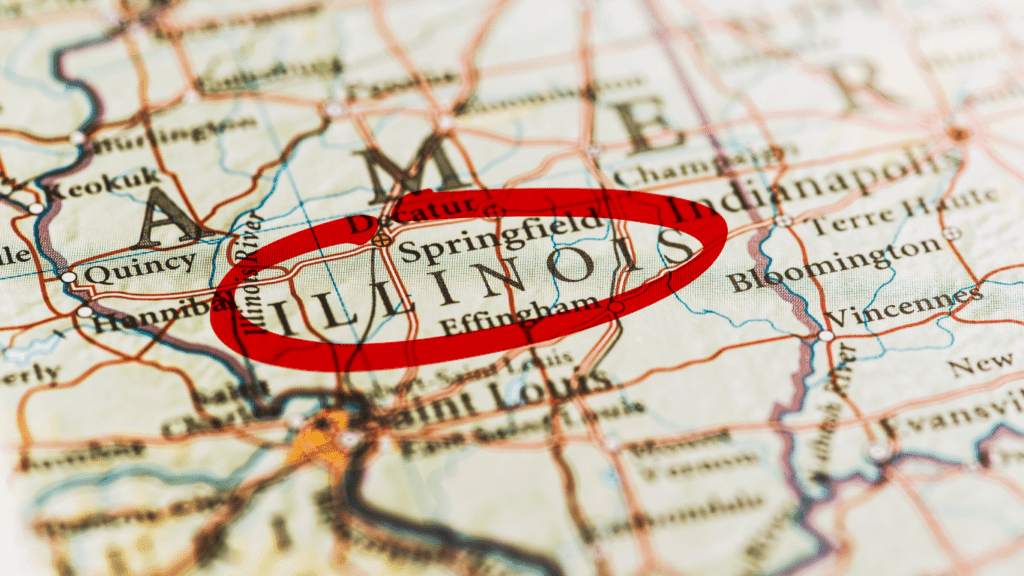Reasons Not to Move to Illinois
Illinois, known for its vibrant cities and rich history, also has aspects that might be deal-breakers for potential movers. In this article, we explore 15 reasons that could make you reconsider relocating to the Prairie State.
Harsh Weather Conditions
Unpredictable and Extreme Climates
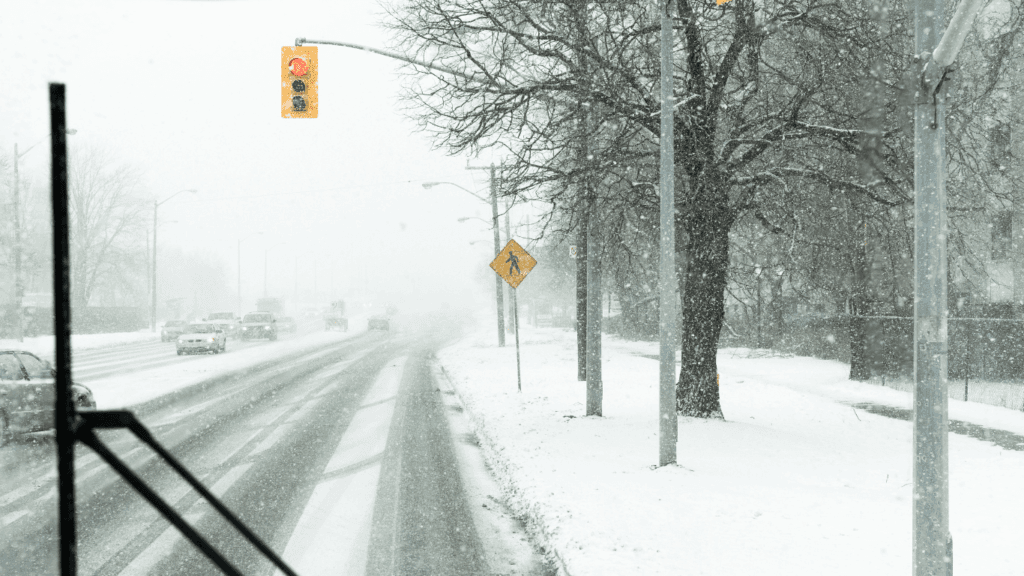
Illinois experiences extreme weather, with sweltering summers and frigid, snowy winters. Chicago, in particular, is notorious for its brutal winters and humid summers, posing a challenge for those unaccustomed to such conditions
High Crime Rates
Safety Concerns in Urban Areas

Certain areas, especially larger cities like Chicago, have higher crime rates, including violent and property crimes, which could be a concern for safety and security
Elevated Taxation Levels
The Burden of High Taxes

Illinois is known for its high taxes, including property, sales, and income taxes, which can significantly impact the cost of living and personal finances.
Traffic and Congestion
Long Commute Times

Major cities like Chicago suffer from severe traffic congestion, leading to long, frustrating commute times and daily stress.
Limited Access to Nature
Urban Dominance Over Natural Landscapes
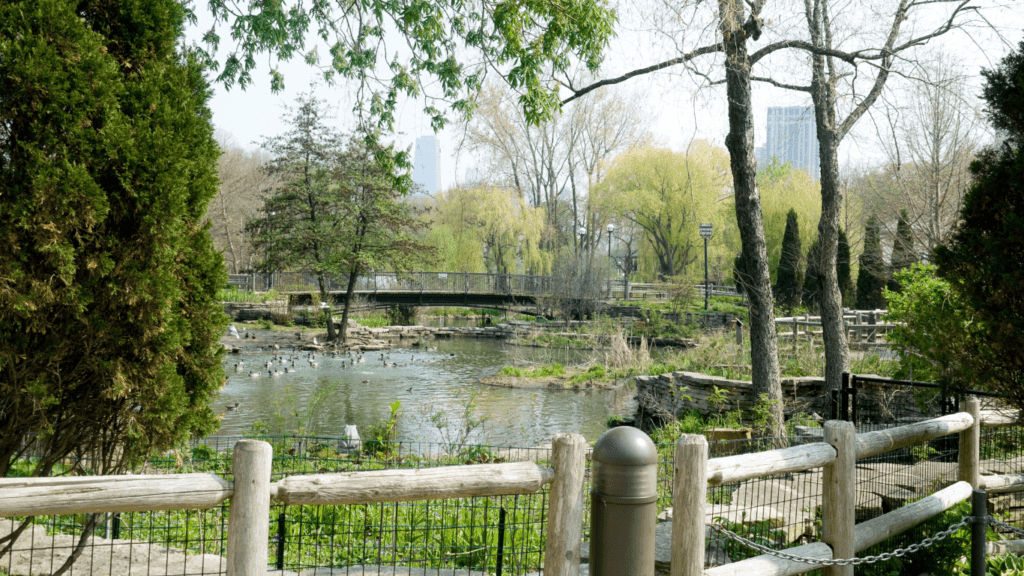
In urban areas like Chicago, access to natural landscapes and outdoor recreational activities is limited, which might be a downside for nature enthusiasts.
Pollution Concerns
Environmental Health Risks

High levels of air and water pollution in Chicago, mainly due to heavy traffic and industrial activities, pose environmental health risks.
Healthcare and Utility Costs
Rising Living Expenses

Healthcare services and utilities in Illinois, particularly in Chicago, are more expensive compared to the national average.
Infrastructure and Roads
Poor Road Conditions and Maintenance
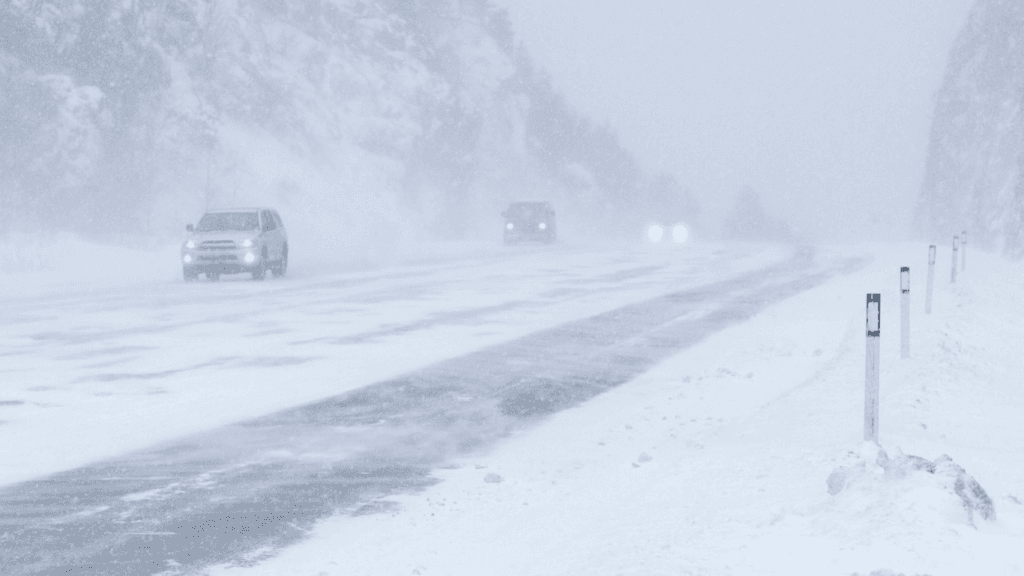
Illinois faces challenges with road quality, increasing car maintenance costs and causing traffic issues.
Economic and Job Market Challenges
Limited Job Opportunities and Economic Stability

Certain regions in Illinois face economic challenges that impact job opportunities and local services, affecting quality of life.
Political and Governance Issues
Concerns Over Political Corruption

Illinois, especially Chicago, has a history of political corruption, affecting governance and public trust.
Housing Affordability
High Cost of Living
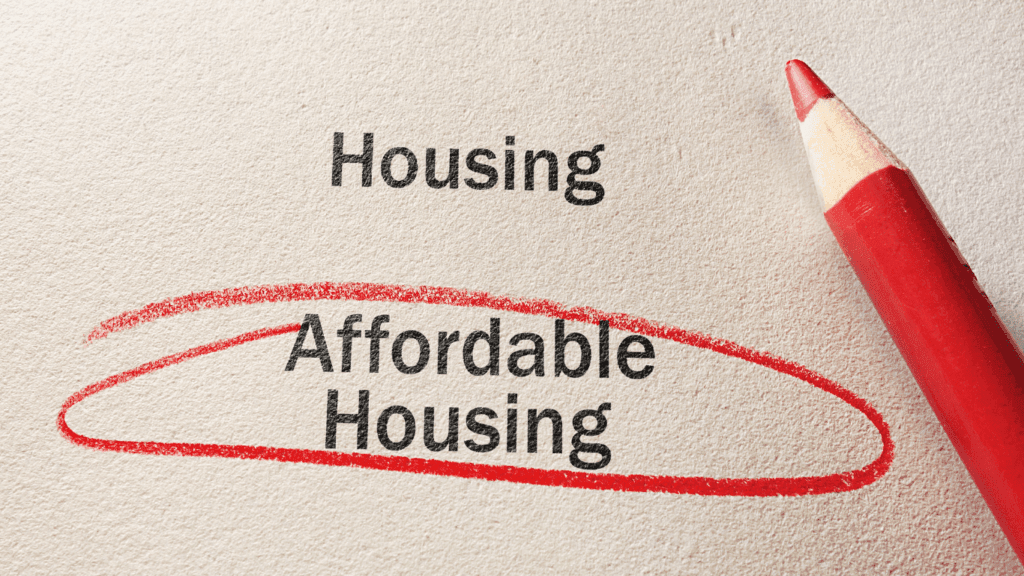
Urban areas in Illinois, particularly Chicago, have high housing costs, making it challenging for many to afford a comfortable living.
Educational Quality
Challenges in the Public School System

Chicago’s public school system faces issues like overcrowding and lack of resources, impacting the quality of education.
Social Integration and Culture
Difficulty in Social Assimilation

In places like Chicago, newcomers might find the social atmosphere unfriendly or indifferent, affecting the sense of community and social life.
FAQs
Q: How severe are the winters in Illinois?
A: Illinois, especially Chicago, experiences very cold winters with significant snowfall, making it a challenging environment for those not used to such conditions.
Q: Is the cost of living high in Illinois?
A: Yes, especially in urban areas like Chicago, the cost of living, including housing, taxes, and utilities, is higher than the national average.
Conclusion
While Illinois offers many attractions and a rich cultural experience, these 15 reasons highlight significant challenges that might deter potential residents. Before making a move, it’s crucial to consider these factors thoroughly to make an informed decision.

